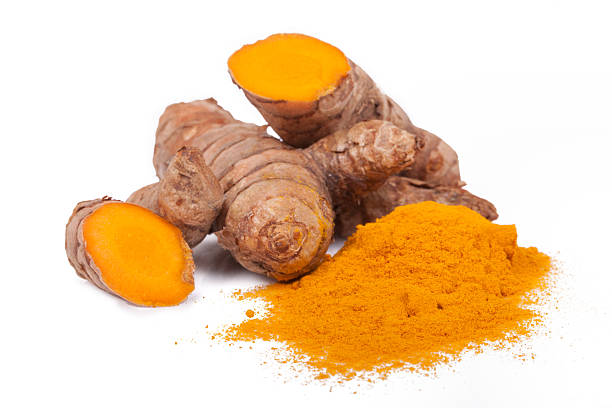Turmeric - The Power Herb
Aug
31
Neurons are capable of forming new connections, but in certain areas of the brain they can also multiply and increase in number.
One of the main drivers of the process where neurons form new connections and actually multiply in numbers, is the brain-derived neurotrophic factor (BDNF) hormone. Curcumin is able to boost brain levels of BDNF. BDNF is a type of growth hormone that can also delay the progression of Alzheimer's and is believed to improve memory.
Turmeric is a particularly strong "anti-oxidant" that protects your body from free radicals, which are damaging to our body.
Curcumin blocks NF-kB, a molecule that travels into the nuclei of your cells and turns on genes related to inflammation. NF-kB is believed to play a major role in many chronic diseases, according to Healthline; see https://www.healthline.com/nutrition/top-10-evidence-based-health-benefits-of-turmeric#section2.
Curcumin may help prevent heart disease. It improves the function of the endothelium, which is the lining of your blood vessels. Endothelium dysfunction is a major driver of heart disease. It also reduces inflammation and oxidation. Now that's a power herb, arguably the most powerful herb.
Curcumin could improve pancreatic cells and decrease glucose levels, as well as other metabolic profile in T2D (type 2 diabetes) or atherosclerosis through inhibition of iNOS and COX-2. Furthermore, a curcumin-supplemented diet increased the richness of lactobacillales and improved the index of colon tumors. Ginsenoside also protected cardiac function and decreased blood glucose levels. (See
https://www.hindawi.com/journals/ecam/2019/2682748/
Contact Qinglong Guo; qinglongguo@hotmail.com and Na Lu; nalu@cpu.edu.cn).


